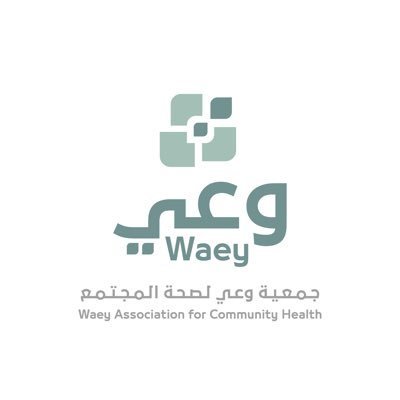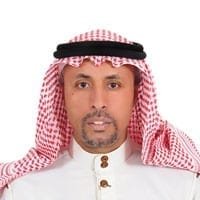An educational society plays a crucial role in promoting learning, knowledge, and awareness among its members and the general public. Through various activities and initiatives, these societies strive to fulfill their educational goals and make a positive impact on society. Let’s explore some common objectives and activities of an educational society.
1. Public Awareness Campaigns:
One of the primary objectives of an educational society is to raise public awareness about specific issues or topics of importance. These campaigns are often conducted through different mediums such as advertisements, brochures, or social media. By disseminating information and promoting discussions, educational societies aim to empower individuals with knowledge and encourage them to take action.
2. Workshops and Lectures:
Educational societies frequently organize workshops and lectures on various subjects to provide individuals with educational opportunities. These events are often conducted by experts, professionals, or knowledgeable individuals in their respective fields. By offering these learning experiences, societies enable individuals to acquire new skills, expand their knowledge, and enhance their personal and professional development.
3. Distribution of Educational Materials:
To reach a wider audience and promote learning, educational societies produce and distribute educational materials. These materials can take the form of pamphlets, books, or online resources. By providing accessible and informative content, societies aim to disseminate knowledge and encourage continuous learning among their target audience.
4. Targeted Campaigns:
Educational societies may design specific campaigns aimed at addressing particular issues or targeting specific groups of people. These campaigns are tailored to meet the educational needs and interests of the intended audience. By focusing on specific topics or communities, societies can create a more significant impact and bring about positive change in those areas.
5. Seminars and Conferences:
Seminars and conferences are essential platforms for knowledge sharing and academic discourse. Educational societies often organize these events, where researchers, scholars, and professionals gather to present and discuss their work. By facilitating these gatherings, societies foster intellectual growth, promote collaboration, and encourage the exchange of ideas.
6. Use of Media and Social Media:
In this digital age, educational societies utilize various media channels, including print, broadcast, and online platforms, to disseminate educational content. Through these channels, societies can reach a wider audience and engage with the public. Social media platforms, in particular, provide an avenue for societies to share educational resources, promote discussions, and connect with individuals interested in their initiatives.
It is essential to note that the specific activities of an educational society can vary depending on its mission, target audience, available resources, and the needs of the community it serves. Each society tailors its initiatives to address the unique educational challenges and opportunities present in its environment.
In conclusion, an educational society aims to promote learning, knowledge, and awareness through various activities and initiatives. By organizing public awareness campaigns, workshops, distributing educational materials, and utilizing media and social media platforms, these societies strive to make a positive impact on society. Through their efforts, educational societies contribute to the growth and development of individuals and communities, fostering a culture of lifelong learning and intellectual curiosity.


د. محمود عبدالرحمن محمود. “Dr. Mahmoud Abdulrahman Mahmoud.”
“I would like to express my gratitude to the esteemed government for its support and for uplifting the quality of life for all residents of the Kingdom by supporting non-profit organizations. I would also like to thank the official entities responsible for community work, represented by the Ministry of Health and the Ministry of Human Resources and Social Development. I extend my thanks to the society’s team, including the volunteers, the executive team, the members of the general assembly, and the board of directors, for their efforts and support in achieving the society’s mission and goals.
The discussion started among a group of experts in the field of public health, who are the generous sons of this country. They were looking for a way to serve the community and develop the skills of young specialists through field health work, especially in preventive health programs. The initiative #تطوعدربوتمكن (#Volunteer_Empower_Enable) was launched through social media, and it gathered more than 1,000 volunteer members across the Kingdom. At that time, the initiative was presented to the official health authorities who requested an official umbrella for it.
Several experts, including our esteemed founder of the Zamzam Association and a member of the Shura Council, the late Dr. Adnan Al-Bar, discussed it. He encouraged us to move forward and provided us with a great deal of his experience. After more than a year of procedures, the license for this society was issued, with its headquarters in Riyadh and its scope covering the entire Kingdom. The society started with the efforts of volunteers and has achieved numerous accomplishments since its establishment. We are proud of receiving the SABIC Award as a young organization, and we aspire to continue excelling in ways that serve the nation and contribute to the advancement of community health services with the best efforts of young male and female healthcare professionals, embodying the motto of our initial initiative #تطوعدربوتمكن (#Volunteer_Empower_Enable).
I extend my gratitude to the Almighty for rewarding them with the best and abundant blessings, as He is the Hearer of prayers. May peace and blessings be upon our Prophet Muhammad, his family, and his companions.”
